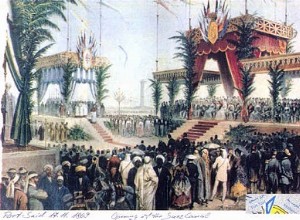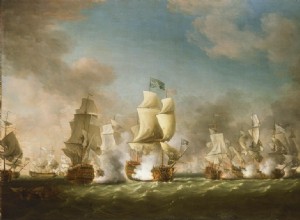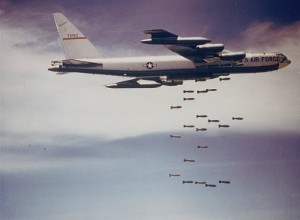Meanwhile, the city of Ismailia and the beach were lit up. The innumerable tents which covered the banks of the freshwater canal, itself covered with the dahabiehs (Nile boats) which had transported the families of the pashas and those great notables of Egypt to Ismailia, formed a line of light whic




